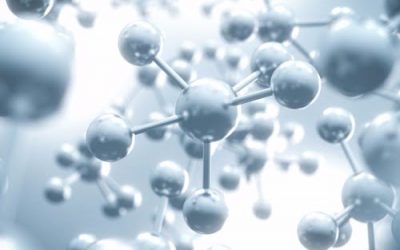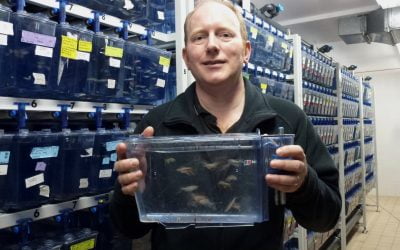Application Information: The Hereditary Neuropathy Foundation (HNF) would like to advance preclinical research as quickly as possible if it aligns with our key objectives. There is no application deadline.
Average Duration: One year of support, with potential for a 12-month no-cost extension when applicable, with prior written HNF approval. Depending on the research project and met milestones, multi-year proposals may be considered.
Average Award: Typical awards will range from $50,000 to $100,000 per year in direct cost, based on stage and scope of research. Exceptional proposals with higher budgets may be considered. We encourage multiple funding sources when applicable and they should be identified in the LOI. Per our Foundation policy, HNF will not provide indirect institutional support.
Eligibility: Funding is open to researchers, clinicians and industry globally. Academic medical centers, universities, nonprofit and for-profit research organizations are encouraged to apply. Funding for biotechnology companies is typically set up as a venture philanthropy collaboration with a return on investment based upon agreed deliverables.
HNF considers its application process interactive, and encourages collaboration and discussion prior to a formal submission. Interested parties should reach out to HNF via Dr. Lucia Notterpek, HNF CSO at [email protected] prior to submitting an LOI and/or a formal application.
APPLICATION PROCESS
- Letter of Intent Review
Please submit a 1-2 page letter of intent (PDF format) directly to Dr. Notterpek at [email protected] and a copy to HNF CEO Allison Moore at [email protected]. Highlight the specific aims of the project and the milestones expected to be reached after each phase, along with the expected timelines. Identify any collaborations with companies or institutions that may advance the findings or may co-fund the project. We will evaluate the alignment of your project with our foundation’s mission and objectives. You will receive a response generally within four weeks. If the LOI is accepted, you will be asked to submit a full proposal (PDF format), which will be evaluated by our Scientific Advisors.
- Proposal Details
- Lay Summary
- Scientific Summary, Rationale and Overall objectives
- Specific Aims
- Background to include supporting literature and preliminary results, if available
- Availability of tools and personnel to conduct the proposed research
- Experimental Plan with measurable milestones to include quarterly progress reports to HNF
- Gantt Chart for timeframe for Completion of Experimental Plan
- Budget justification, including personnel effort on project
- Disclosed proposed work that may have already been funded by another advocacy group and/or funding agency
- NIH biosketches for the key Research Team(s) members
- Two letters of support





0 Comments